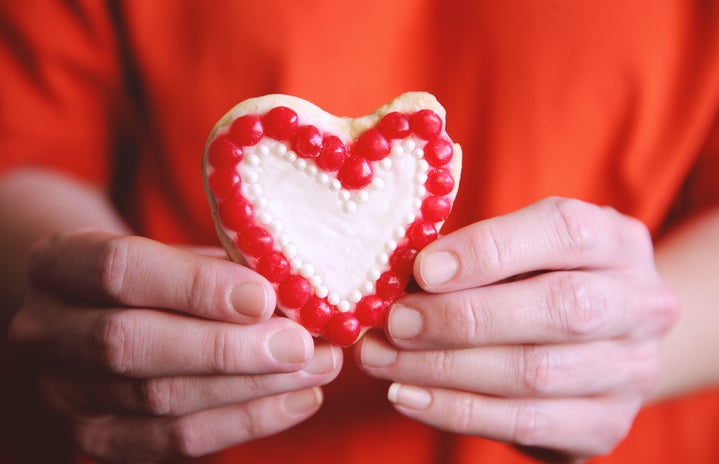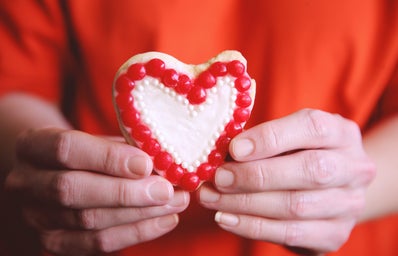Many of us spend years on the hunt for love and romance. We scroll through dating apps, DM strangers online, perhaps put on some extra mascara or buy a new shirt for that one person that sits diagonally from us in biochem. But why is it that once we find it, the wave of butterflies and daydreams often fade into feelings of tension, jealousy and irritation? Can it be the fairytale of happily-ever-after is nothing more than an exaggerated story meant for sheer entertainment? For the sake of all of us, I am here to say: Yes. It. Is. And there is plenty of research to back up this idea. And before you ask- no, I am not some grump that got screwed over by some jerk (okay… maybe just one, but I am totally over it!)
Our expectations of love begin to develop at a very young age and they have a major impact on our future romantic relationships. What we believe to be the ideal love is immensely influenced by the media that our malleable, young minds are exposed to. I clearly remember turning 16 (same age as Ariel!) and longing for my “one and only” to show up at my doorstep. To my dismay, no one came- and I was stuck listening to Great Grandma Barb trying to remember the lyrics to “Happy Birthday”. Unbeknownst to me at the time, I was manifesting all the things I’d seen through movies, media, and entertainment. A 2017 psychosocial study addressed this issue, concluding that “audiences may create unrealistic expectations of family, love, and marriage… through the repetitive consumption of Disney princess films.”
Well, I’m most definitely guilty of this- and many of us continue to subconsciously hold these expectations into our 20s, 30s, and even the rest of our lives. So why does it matter? Well, first off, harboring unattainable expectations for our romantic partners sets the foundation for some serious relationship issues to arise. Alain de Bottom, a prominent British philosopher, once said, “It is, in fact, hope that drives rage”. This applies to our love lives in the sense that when we want something from our partner, we often do not voice it, because of the way we’ve been socialized to view love. Many of us believe that our lovers are supposed to just “get us” and thus we expect them to just know how we feel or what we want. I remember during my relationship, it had been one evening before finals and I was so stressed out. When my boyfriend came home from work, I expected him to just know I had a long day, and for him to be particularly courteous. Did that happen? No. He started ranting about his day at work and how pointless school is, and of course, I snapped: “Aren’t you gonna ask how my day was?!” and so on…
Instead of simply communicating “Hey, today was a really rough day at school so I’m a little sensitive right now”, I got angry because my unrealistic expectations weren’t met. So the real question is: what can we do about our inner desire for the unattainable? First we must understand that love is not defined by having “the complete package”. It is simply only in the movies where we see the passion, infatuation, and drama from the same lover that is committed, secure, and comforting. If you spend the majority of your love life wondering where you stand and playing hard-to-get, maybe it’s time to reconsider who you’re going after. We also have to stop letting go of potentially amazing partners because there is no “spark”. After all, love at first sight hardly compares to the deep mutual bond that stems from shared memories, self-disclosure, clear-cut communication, and trust.
Love is not meant to be painful. Passion and anger are not interchangeable traits of being in love. Drama is not conducive to mutual affection. We must ask ourselves how we have been socialized to view love in order to form healthy relationships in the future. All in all: stop searching for the fairytale, or else you’ll end up with the toad.
If you or a loved one is in an abusive relationship, there are resources available: https://sexualviolence.ucdavis.edu/get-help



